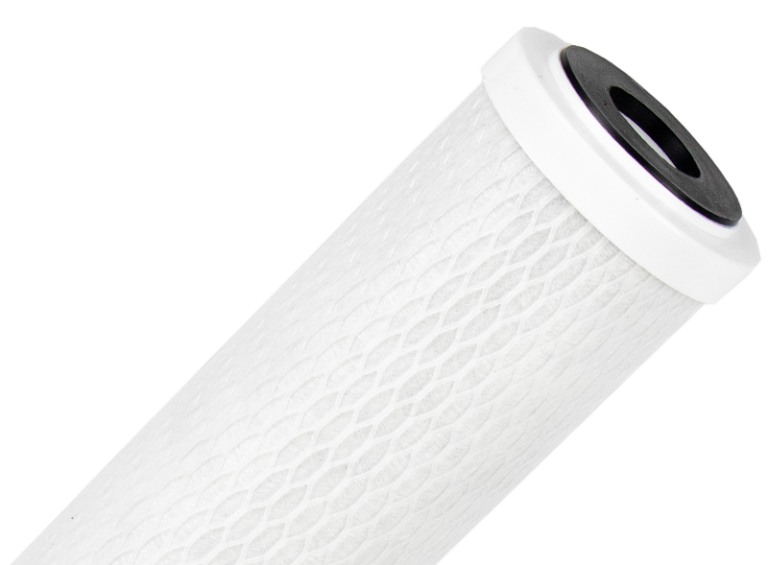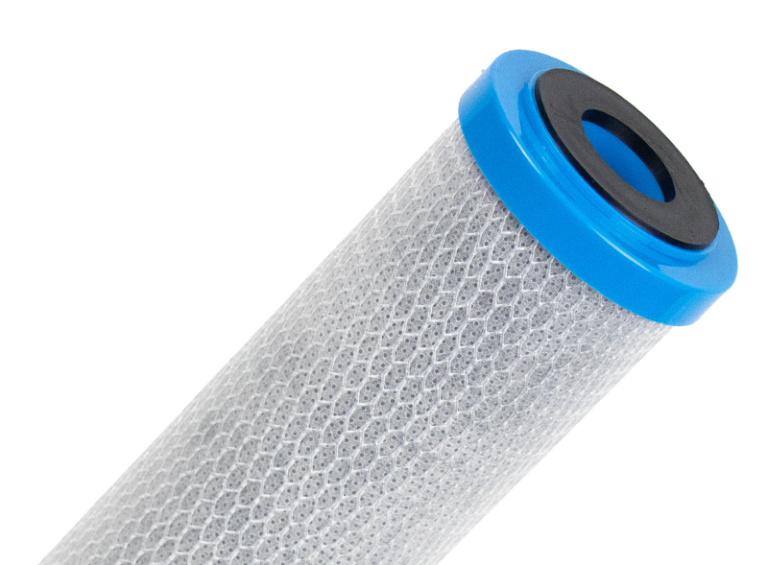Does Chlorine Affect You and Your Application?
Did you know, chlorine has been the primary disinfectant to treat water supplies in the UK since as far back as the early 1900’s?!
Water supply companies use chlorine to remove harmful pathogens in sources such as rivers and lakes before reaching the end user, protecting consumers from waterborne diseases. Successfully killing bacteria, parasites and other contaminants in water is where chlorine excels.
It is clear that chlorine is used and holds many benefits, however do you need to be aware of the negative effects and do you need to remove it for your application?

Applications Affected By Chlorine
Aquatics: Fish kept in aquariums or ponds are extremely sensitive to chlorine, killing living cells and most often damaging sensitive gills and the skin that covers their entire bodies, making chlorine fatal to aquatic life. Aquatic shops must treat their water before it reaches the fish.
Brewing: Chlorine and chloramine kill microbes such as yeast. By allowing these chemicals into the production process, the yeast becomes their target, leaving brewers with a medicinal or plastic taste in their final product, creating unwanted waste product and raising production costs.
Renal Dialysis: Chlorine will destroy erythropoietin (EPO), a hormone that signals your bone marrow to make red blood cells. In every dialysis application, it is critical to remove chlorine before reaching a patient to avoid the need for EPO doping.
Reverse Osmosis (RO): This technology does not target chlorine directly, leaving users vulnerable to the adverse effects. Utilising a carbon filter before the RO stage of a system provides protection against chlorine and allows the RO stage to function correctly.
Soft Drink Dispensing: Like the brewing industry, chlorine negatively impacts the taste of a soft-drink beverage, creating unwanted waste product and raising production costs.
How To Remove Chlorine From Your Supply
Carbon filters are proven to be the most efficient way of removing chlorine, working by adsorbing impurities as water moves through the filter. The chlorine molecules are attracted to the surface of the carbon particles and become trapped, which ensures your water is chlorine free, as well as removing any disinfection by-products and bad taste and odour.
We recommend the SPECTRUM SCB as the go-to product if you wish to remove chlorine in a household environment or brewing and soft drinks or opt for the SPECTRUM FibreOnyx EFBC for use in the other industries listed above.




















